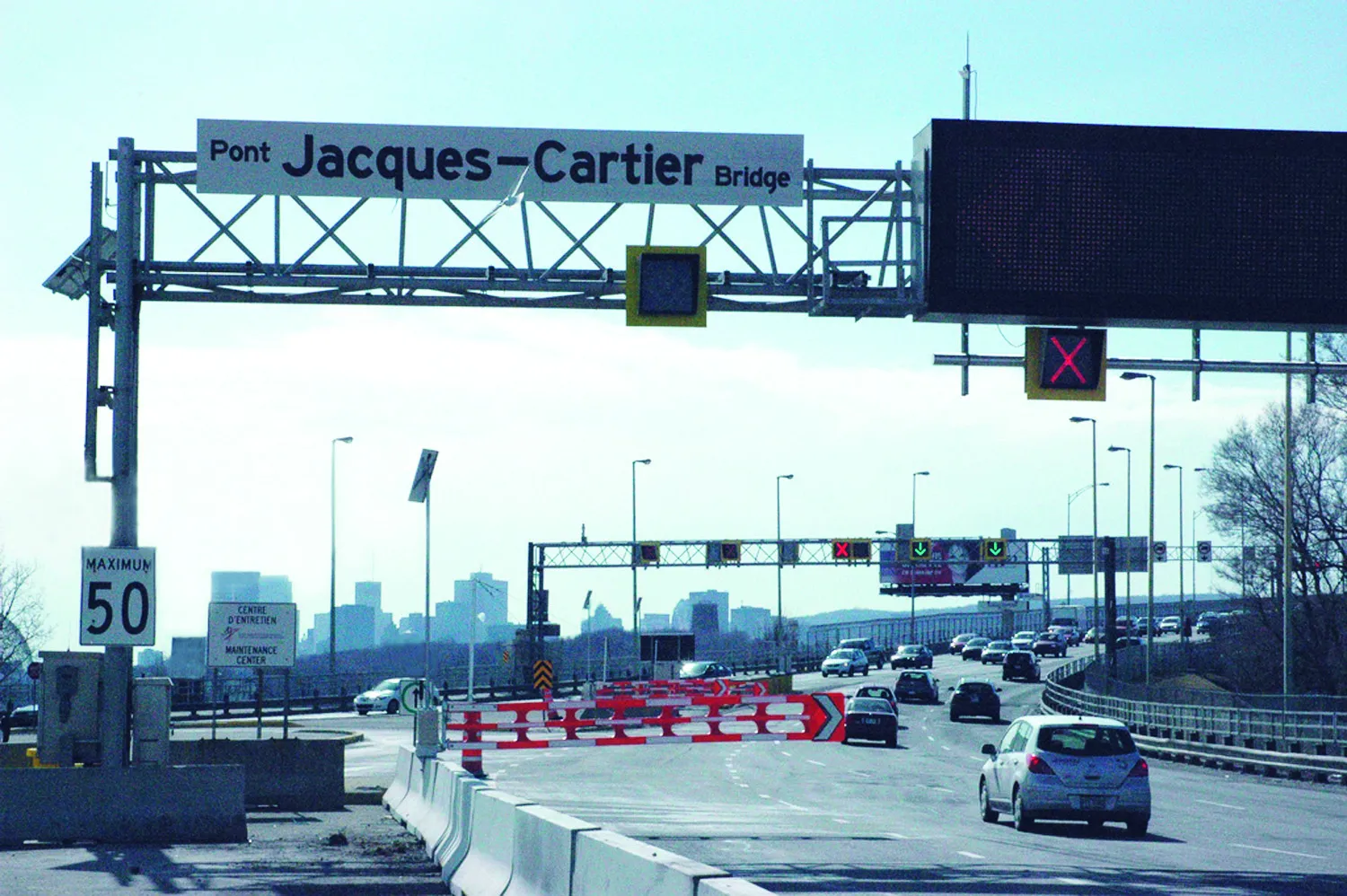Highways contractor Ringway is nearly finished refreshing more than 300km of road markings for Hertfordshire County Council, north of London, in the United Kingdom. Two road marking crews consisting of two operatives have been working since April and are due to finish this month. They have been working predominantly at night to minimise disruption to the travelling public.
Work is prioritised based on national road hierarchy - A, B, C and unclassified roads, said Kevin Carrol, Ringway’s Hertfordshire div
December 11, 2015
Read time: 2 mins
Highways contractor 2393 Ringway is nearly finished refreshing more than 300km of road markings for Hertfordshire County Council, north of London, in the United Kingdom. Two road marking crews consisting of two operatives have been working since April and are due to finish this month. They have been working predominantly at night to minimise disruption to the travelling public.
Work is prioritised based on national road hierarchy - A, B, C and unclassified roads, said Kevin Carrol, Ringway’s Hertfordshire divisional manager. Ringway’s seven-year contract with Hertfordshire County Council, estimated at the time to be worth more than €44 million, went live in October 2012 and has a potential five-year extension. It covers all aspects of road and footway maintenance and improvement, street lighting and winter service.
Ringway is the local authority contract highways maintenance business of3281 Eurovia UK, which is owned by 5177 Vinci. Eurovia’s other divisions include Eurovia Contracting and Eurovia Surfacing, Eurovia Airport Services, Eurosigns and Eurovia Roadstone, formerly Ringway Roadstone, the UK asphalt production arm of Eurovia. Another division, Eurovia Specialist Treatments, formerly Ringway Specialist Treatments, provides solutions for improving and renewing the surfaces of footways, roads, airfields and car parks.
Work is prioritised based on national road hierarchy - A, B, C and unclassified roads, said Kevin Carrol, Ringway’s Hertfordshire divisional manager. Ringway’s seven-year contract with Hertfordshire County Council, estimated at the time to be worth more than €44 million, went live in October 2012 and has a potential five-year extension. It covers all aspects of road and footway maintenance and improvement, street lighting and winter service.
Ringway is the local authority contract highways maintenance business of








